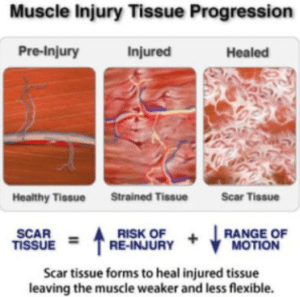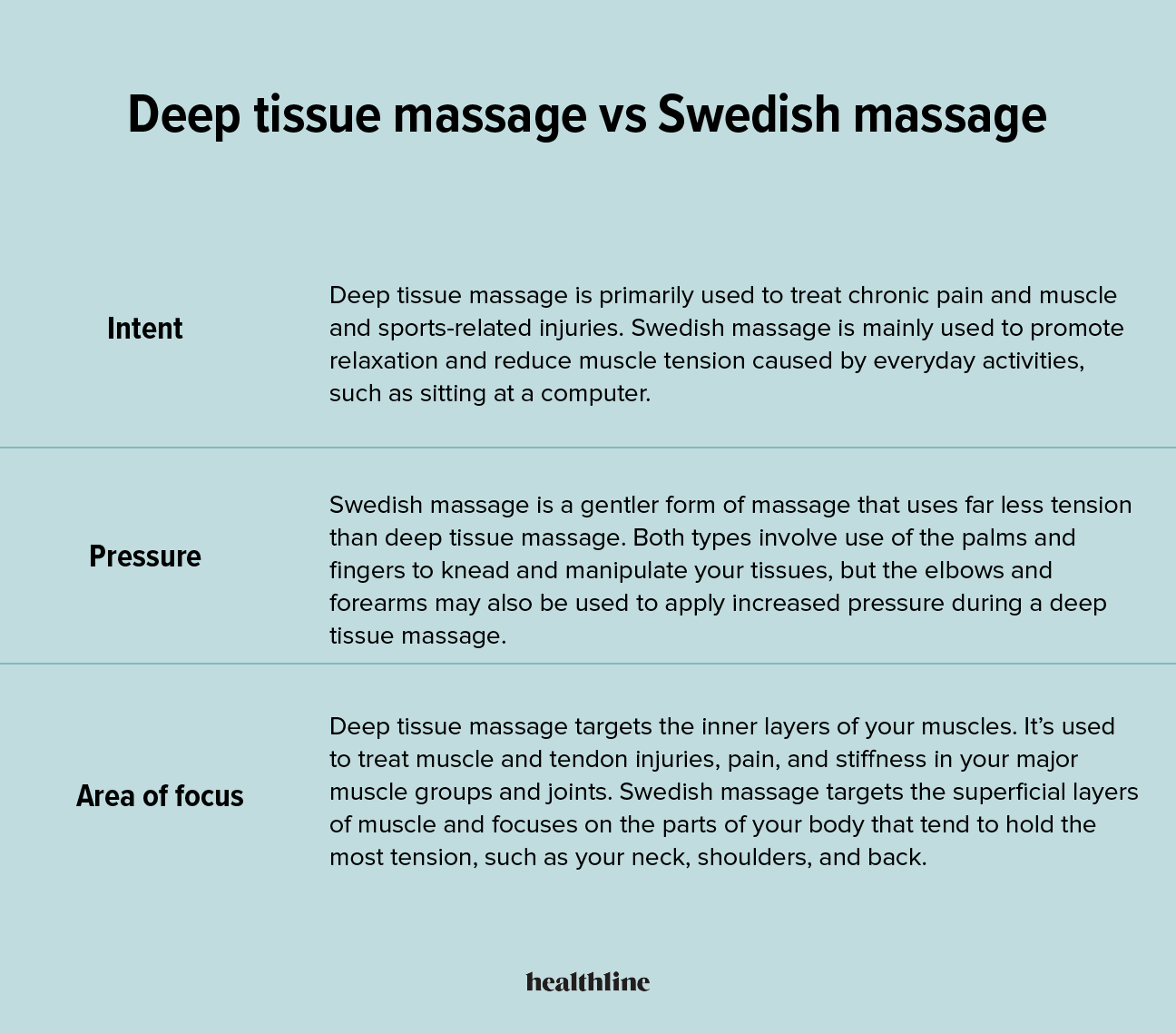Picture this: you enter a dimly lit room, the soothing scent of eucalyptus filling the air. Soft instrumental music plays in the background, creating a calming ambiance. As you lie on a plush table, a skilled masseuse begins to work their magic on your tired muscles. But have you ever wondered what exactly is happening to your body during a massage? From improved circulation to reduced muscle tension, this article delves into the fascinating journey your body embarks on when it undergoes the rejuvenating experience of a massage.
Increase in Blood Circulation
When you receive a massage, one of the key benefits is an increase in blood circulation throughout your body. This happens through the dilation of blood vessels, allowing a greater volume of blood to flow through them. As a result, there is an increased delivery of oxygen and essential nutrients to your tissues, promoting overall wellness. At the same time, the improved blood circulation aids in the efficient removal of metabolic waste from your muscles and tissues, helping to detoxify your body and keep it functioning optimally.
Muscle Relaxation
Massage therapy is known for its ability to reduce muscle tension and stiffness, providing a deep sense of relaxation. Through various techniques, such as kneading, long strokes, and compression, massage helps to relieve muscle spasms and cramps that may be causing discomfort. By targeting specific muscle groups, a skilled massage therapist can alleviate tightness and promote increased flexibility. As the muscles relax, you may experience a release of physical and mental stress, leaving you feeling refreshed and rejuvenated.

This image is property of www.zeel.com.
Release of Endorphins
When you receive a massage, not only does your body physically benefit, but your mind also experiences positive effects. The manipulation of your muscles and tissues during a massage stimulates the release of endorphins, which are your body’s natural painkillers. These feel-good chemicals promote a sense of well-being and relaxation, reducing stress and anxiety. As endorphins flood your system, you may notice an uplifted mood and a brighter outlook on life, making massage therapy an excellent way to improve both your physical and mental health.
Decrease in Blood Pressure
If you’re dealing with high blood pressure, massage therapy can provide valuable support in managing this condition. Through its effects on the nervous system, massage stimulates the parasympathetic nervous system, which is responsible for the body’s relaxation response. This leads to a reduction in sympathetic nervous system activity associated with the “fight or flight” response. As a result, your body enters a state of deep relaxation, and your blood pressure can decrease accordingly. Regular massage sessions may help maintain healthy blood pressure levels and promote overall cardiovascular health.

This image is property of www.laorthopedicsportsmassage.com.
Improved Lymphatic Drainage
The lymphatic system plays a crucial role in eliminating waste and toxins from the body, and massage therapy can significantly enhance this process. During a massage, the stimulation of lymphatic flow results in increased detoxification and removal of waste products. This improved lymphatic drainage also strengthens the immune system by improving the circulation of lymphocytes, which are key players in your body’s defense against illness and infection. By supporting your lymphatic system through massage, you can help keep your body healthy and enhance its natural ability to fight off diseases.
Reduced Inflammation
Inflammation is the body’s response to injury or infection, and chronic inflammation can contribute to various health issues. Massage therapy has been found to be effective in reducing inflammation by directly affecting the production and release of cytokines, which are signaling molecules involved in immune response. Massage helps decrease pro-inflammatory cytokines while increasing the production of anti-inflammatory cytokines, creating a balanced environment within the body. This can lead to the alleviation of pain and swelling associated with conditions such as arthritis, allowing for improved mobility and overall comfort.

This image is property of bodysmarthealth.com.
Enhanced Joint Mobility
If you’re struggling with tight and stiff joints, massage therapy can be a valuable technique in promoting increased joint mobility. Through targeted manipulation, massage helps to loosen up these joints and improve their range of motion. By applying pressure and using specific techniques, a skilled massage therapist can relieve tension and break up adhesions within the joint, allowing for smoother and freer movement. Additionally, massage boosts joint lubrication, enhancing the overall health of your joints and helping you move with greater ease and comfort.
Improved Skin Health
Massage not only benefits your muscles and internal systems but also has positive effects on your skin. During a massage, the increased blood flow to the skin brings essential nutrients and oxygen, promoting a healthy complexion. Additionally, the manipulation of your skin stimulates cell regeneration, leading to a rejuvenated and more youthful appearance. Massage therapy also enhances skin hydration and elasticity, which can be particularly beneficial for those dealing with dry or aging skin. So not only will you feel relaxed after a massage, but your skin will also thank you for the pampering and care it receives.

This image is property of www.positiveposture.com.
Normalization of Breathing
If you find yourself struggling with shallow or irregular breathing, massage therapy can help you regain control and find a sense of normalcy in your breath. Through deep relaxation techniques and focused attention on the breath, massage promotes a deepening of breath and a release of tension in the respiratory muscles. This can be particularly beneficial for individuals dealing with respiratory conditions such as asthma or chronic obstructive pulmonary disease (COPD). As your breathing becomes more natural and unrestricted, you’ll experience a sense of relaxation and calmness that can greatly contribute to your overall well-being.
Digestive System Benefits
The benefits of massage extend beyond your muscles and joints and can positively impact your digestive system as well. By promoting relaxation and reducing stress, massage helps improve digestion and the absorption of nutrients in your body. The stimulation of peristalsis, the rhythmic contractions of your intestines, aids in moving food through your digestive system, preventing issues such as constipation. Additionally, if you’re experiencing gastrointestinal discomfort, massage therapy can provide relief by reducing tension and promoting overall relaxation in the abdominal area, contributing to a healthy and comfortable digestive system.
In conclusion, a massage offers numerous benefits that positively impact both your body and mind. From increased blood circulation and muscle relaxation to the release of endorphins and reduced blood pressure, massage therapy provides a holistic approach to improving your overall well-being. Whether you’re seeking relief from specific conditions or simply looking to relax and unwind, incorporating regular massage sessions into your self-care routine can lead to lasting health benefits. So go ahead, schedule that massage appointment and give yourself the gift of relaxation, rejuvenation, and improved health.

This image is property of post.healthline.com.
